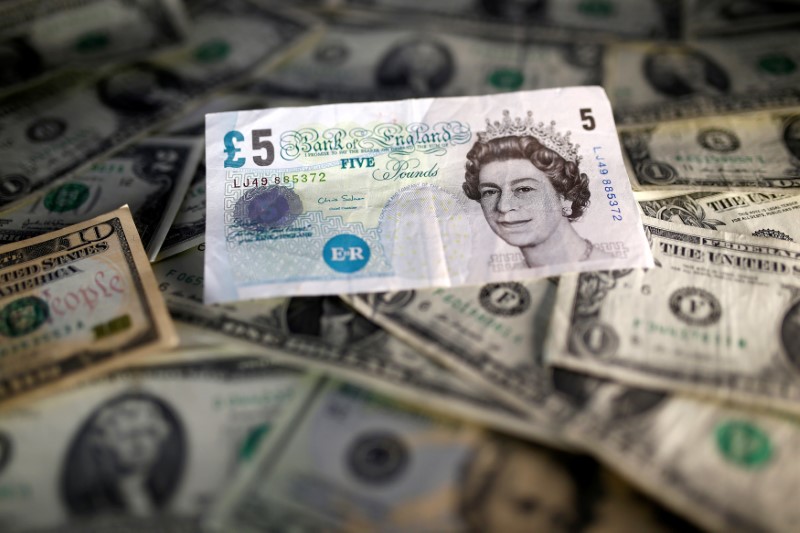ExchangeRates.org.uk - Weaker-than-expected US business confidence data undermined the dollar on Wednesday and, despite early gains, the US currency lost further ground on Thursday.European currencies staged a significant rebound with expectations of seasonal dollar selling during December weighing on the US currency.
The strength in alternative assets such as bitcoin also undermined potential defensive support for the US currency.
The Pound to Dollar (GBP/USD) exchange rate strengthened to 3-week highs around 1.2765.
Scotiabank (TSX:BNS) commented; “Sterling is a moderate outperformer on the session, gaining a little over 0.5% on the softer USD.
That can perhaps be attributed more to positioning and technicals than fundamental developments.”
It added; “The short-term pattern of trade suggests a potential inverse Head & Shoulders which may trigger a further GBP rise (towards 1.30) on a move above the 1.2770 neckline trigger.”
Many investment banks still expect the dollar will rebound next year.
ING commented; our view is that 2025 will be a year in which Donald Trump pumps more air into the dollar bubble.”
From highs at 1.2085, the Pound to Euro (GBP/EUR) exchange rate settled around 1.2065.
US initial jobless claims increased to 224,000 in the latest week compared with expectations of an unchanged reading of 215,000, but continuing claims retreated to 1.87mn from 1.90mn which suggests the labour market is still firm.
In comments on Wednesday, Chair Powell commented; “The U.S. economy is in very good shape, growth is definitely stronger than we thought, and inflation has come in a little higher."
On rates he added; "So the good news is that we can afford to be a little more cautious as we try to find neutral.”
Traders are pricing in just over a 70% chance of a December rate cut.
Friday’s key employment data could still shift market expectations.
Consensus forecasts are for an increase in non-farm payrolls of around 220,000 from 12,000 previously as employment bounces back from weather and strike-related losses for October.
Weak data would make a December cut a certainty while strong data would increase pressure for a December cut to be abandoned or for more hawkish Fed rhetoric.
After losing the French National Assembly no-confidence vote Prime Minister Barnier resigned and President Macron is due to make a statement later Thursday.
There have been some hints that parts of the centre-left alliance may back a centrist government and the Euro has been resilient.
Euro-Zone growth concerns will still be an important hurdle for the Euro.
According to Danske Bank (CSE:DANSKE); “The narrative on the euro area economy has changed from risks of too high inflation to risks of too low growth.
We have lowered the growth forecast for early 2025 due to manufacturing challenges, cautious consumers, and a sluggish German economy.”
The bank expects ECB rate cuts at every meeting until mid 2025.
This content was originally published on ExchangeRates.org.uk
